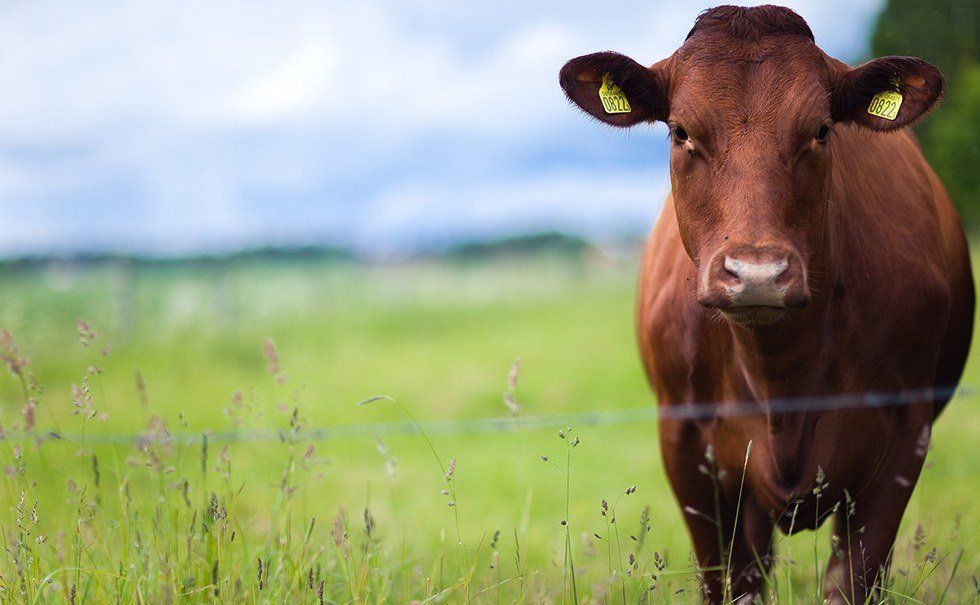Have you ever looked into the huge glass case of meat at the grocery store and wondered what made one cut different from the rest? Feeding yourself or loved ones is no easy task. We always want to make sure that the food we consume is the best fuel we could provide out bodies with. And within the next 10 years, your selection at the supermarket could change drastically.
Clones are not new. The idea of cloning has been around since dolly the sheep in 1996. But cloning the ideal beef carcass to produce a new line of genetics for commercial consumption is new, and eventually may be something you consider eating for dinner. So what makes this whole "clone thing" so special?
Scientific advances have been made at West Texas A&M to further the efficiency of production in the beef industry, and it is something you might want to know about. They have cloned cattle that were prime yield grade one and started breeding those clones - to improve specific genetic traits. Hopefully, you will see the effect of their project hit your supermarket in the near future. And if it does I hope you can make an educated purchase as a consumer. Below I have answered some common questions and misconceptions regarding cloning.
Question: What does prime yield grade one mean?
Answer: Prime Yield Grade One is the best combination of quality grade and yields grade in the U.S. Department of Agriculture’s beef evaluation system with only about .03 percent of all beef carcasses achieving this rating. Quality grade refers to the palatability of the meat, how tender/juicy/flavorful it is, and yield grades estimate the amount of boneless, closely trimmed retail cuts from the high-value parts of the carcass.
Misconception: It is not safe to eat cloned meat
Clarification: Would you eat meat if it came from an animal that was a twin? Would you even care? A clone is simply a twin separated by time. In January of 2008, the FDA actually concluded that meat from clones and their offspring was as safe as any other food we eat on a daily basis.
Misconception: So this means I will be eating cloned animals?
Clarification: Not quite. What will eventually be entering the commercial food change is offspring of the clones, not clones themselves - that would be a VERY expensive steak.
Question: What does this mean for me as a consumer?
Answer: It means that you will have access to higher quality beef in the supermarket. (Hopefully) we will see an eventual industry average increase, and as the world population increases, the beef industry would be able to please or even surpass the increased demands.
Overall what makes the project so special is its ability to pioneer certain traits in beef. Typically a higher quality grade comes with a sacrifice in yield. The more tender the meat, the more fat it stores. However, in this case, the beef industry will be revolutionized with an increase in efficiency.
A lot of research, money, time and care has been put into the genetics of beef production so that there is a quality product in your local supermarket. Thank a rancher today. They work hard to feed your family. I hope one day in the future you will have the ability to choose a high-quality steak at the supermarket, and remember why it is so special.





















